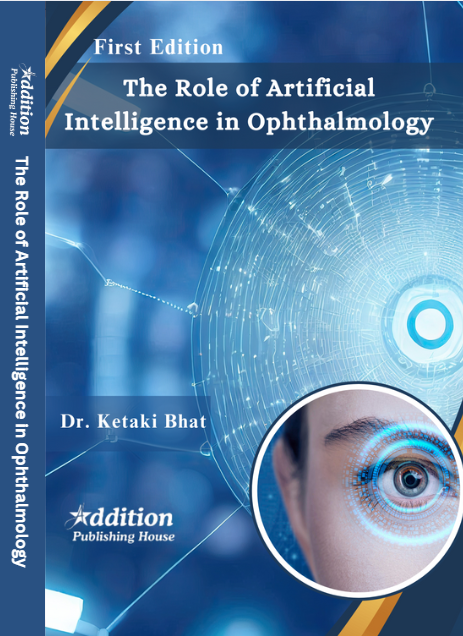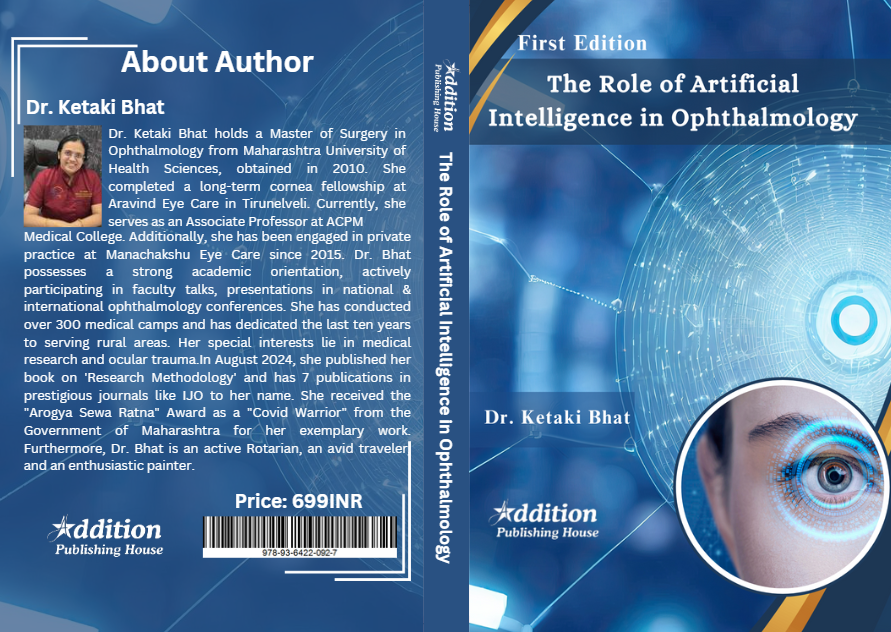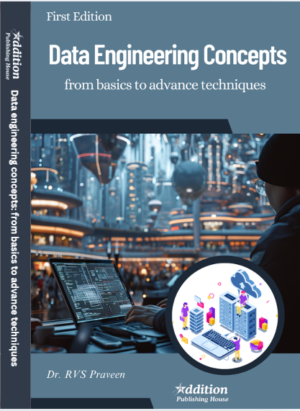Artificial intelligence (AI) is transforming the field of medicine, and ophthalmology is no exception. “The Role of AI in Ophthalmology” explores the growing use of AI technologies in diagnosing, treating, and managing eye diseases. AI-powered tools, particularly deep learning algorithms, are revolutionizing early detection in conditions like diabetic retinopathy, age-related macular degeneration, and glaucoma, offering more accurate, timely diagnoses than traditional methods.
The book delves into how machine learning models are trained on vast amounts of imaging data, such as retinal scans, to identify patterns and abnormalities with a precision that rivals expert clinicians. AI’s ability to analyze large datasets quickly and accurately opens new doors for personalized care, enabling early intervention that can prevent vision loss. The text also examines the role of AI in teleophthalmology, where remote diagnosis and management can be carried out in regions lacking specialized healthcare providers.
In addition to its diagnostic potential, the book discusses how AI is being used to enhance surgical techniques and patient management. For instance, robotic surgery systems guided by AI are helping surgeons perform more precise and less invasive procedures. The ethical considerations of AI in ophthalmology are also addressed, including issues of data privacy, algorithmic transparency, and the potential impact on the doctor-patient relationship. Overall, this book provides an insightful look at how AI is reshaping the future of eye care.







Reviews
There are no reviews yet.